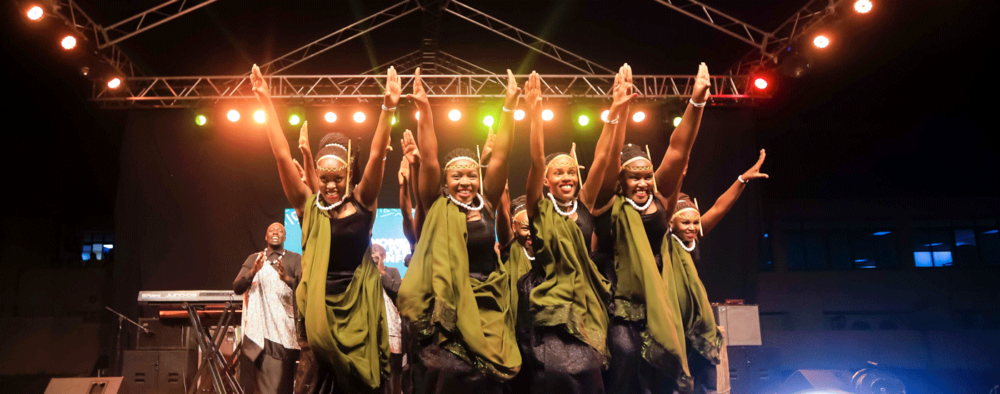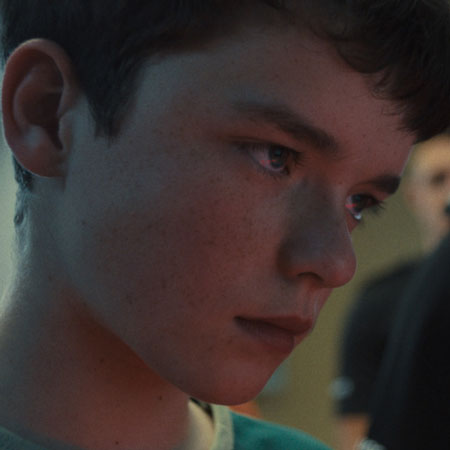
Gender justice
Education, Gender justice, Youth power
When I learned that the Women Deliver 2023 Conference was being held in Africa, my excitement knew no bounds. I had heard stories from friends who had gone to the conference before, and I knew it would be a great place for me to learn and share.
Before the conference began, I planned each day, scheduling the sessions I was most keen on attending. My primary focus revolved around topics like sexual and reproductive health and rights, girls’ education, meaningful youth engagement and participation, and flexible funding. But to my delight, I also stumbled upon community yoga sessions, workshops dedicated to mental health, and goal-setting and wellbeing discussions. It dawned on me that this conference was unique, a refreshing change from other conferences I had attended.
To kick off my journey, I went to the Girls Deliver Pre-conference, where I got the opportunity to meet my lovely Global Fund for Children colleague Amé David, the Regional Capacity Development Specialist for West Africa.
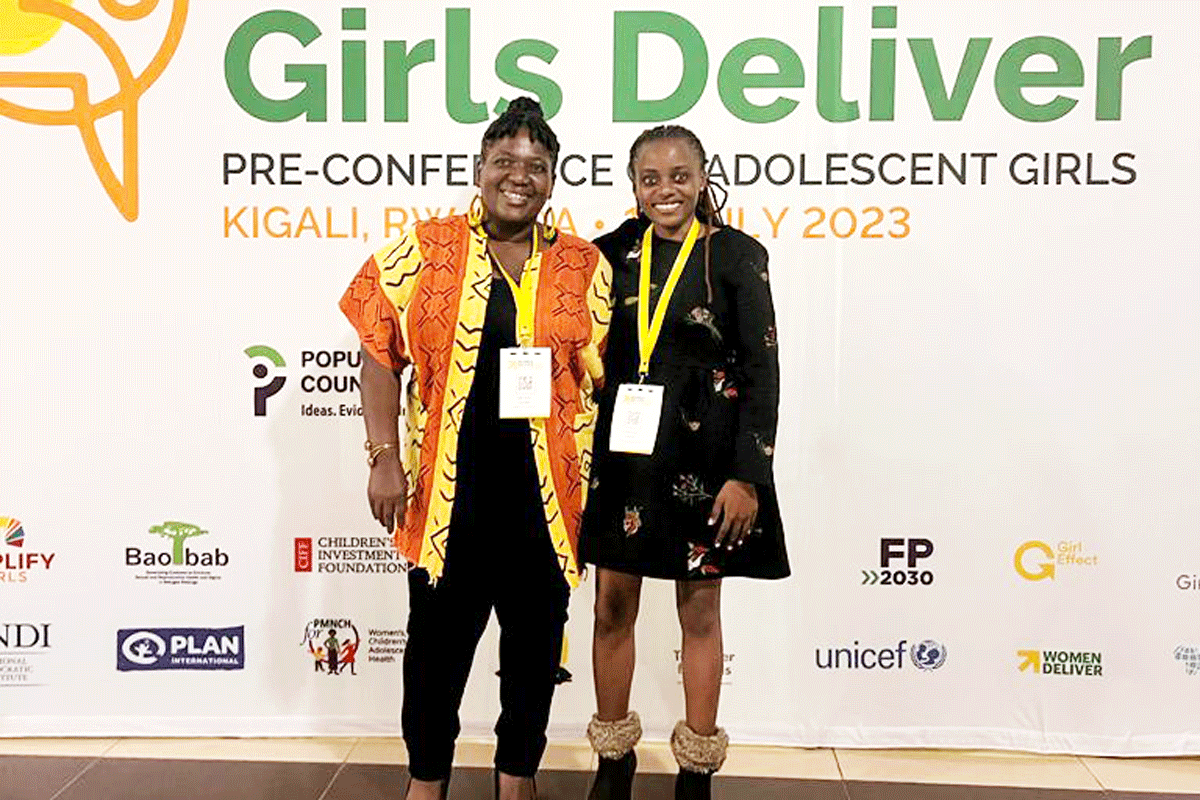
Amé and I talked about how girls are often not allowed to speak for themselves, not listened to, and most importantly, not trusted. These deeply rooted attitudes lead to not including girls in the processes and decisions that affect their lives. It was lovely to hear how Amé is shifting this narrative through GFC’s West Africa Adolescent Girls Summit. By putting adolescent girls at the center, from planning to executing to evaluation, the summit is equipping them with the tools to not only gain power over their lives but also retain it.
When the main conference began, the first session I attended was run by She’s the First, an organization I had previously interned with. I got a chance to co-facilitate the session and take the adolescent girls and their mentors through a card game called #WhatWouldYouDo? This session was particularly close to my heart, as I had assisted in the development of the game during my internship. The aim of the game is for adolescent girls to have a chance to share what they know about healthy relationships and how they manage their day-to-day challenges. It was very rewarding to hear how they respond to different scenarios and to see them have fun while playing the game.
The following day, I participated in a pre-conference event hosted by the United Nations Population Fund (UNFPA) with the theme of “Fostering Partnerships to Realize Bodily Autonomy.” The opening remarks were eloquently delivered by a 17-year-old girl who articulated a sentiment that deeply resonated with me: “Comprehensive sexuality education is imperative for us to be empowered in making informed choices about our bodies and our lives.”
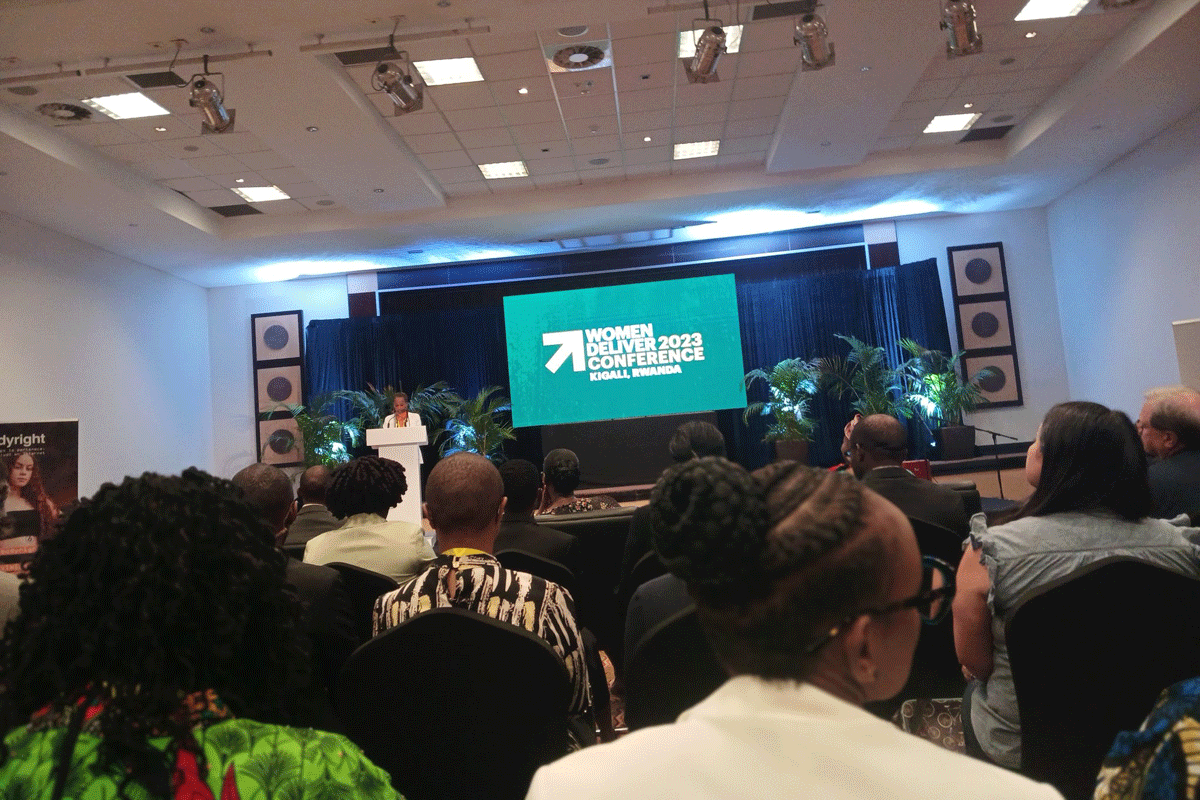
During the session, UNFPA conducted interviews to collect young people’s views on what bodily autonomy means to them. When asked to share, I said that to me, bodily autonomy means trust. As a young person, I will only realize and enjoy bodily autonomy if leaders and those around me are intentional about trusting me to make decisions about my body and my life.
The next session I attended was by Plan International, and it highlighted youth actions that are driving sexual and reproductive health and rights solutions. This session was particularly important because although young people often lead from the front when it comes to advocating for their sexual and reproductive health and rights, they rarely get recognized and celebrated.
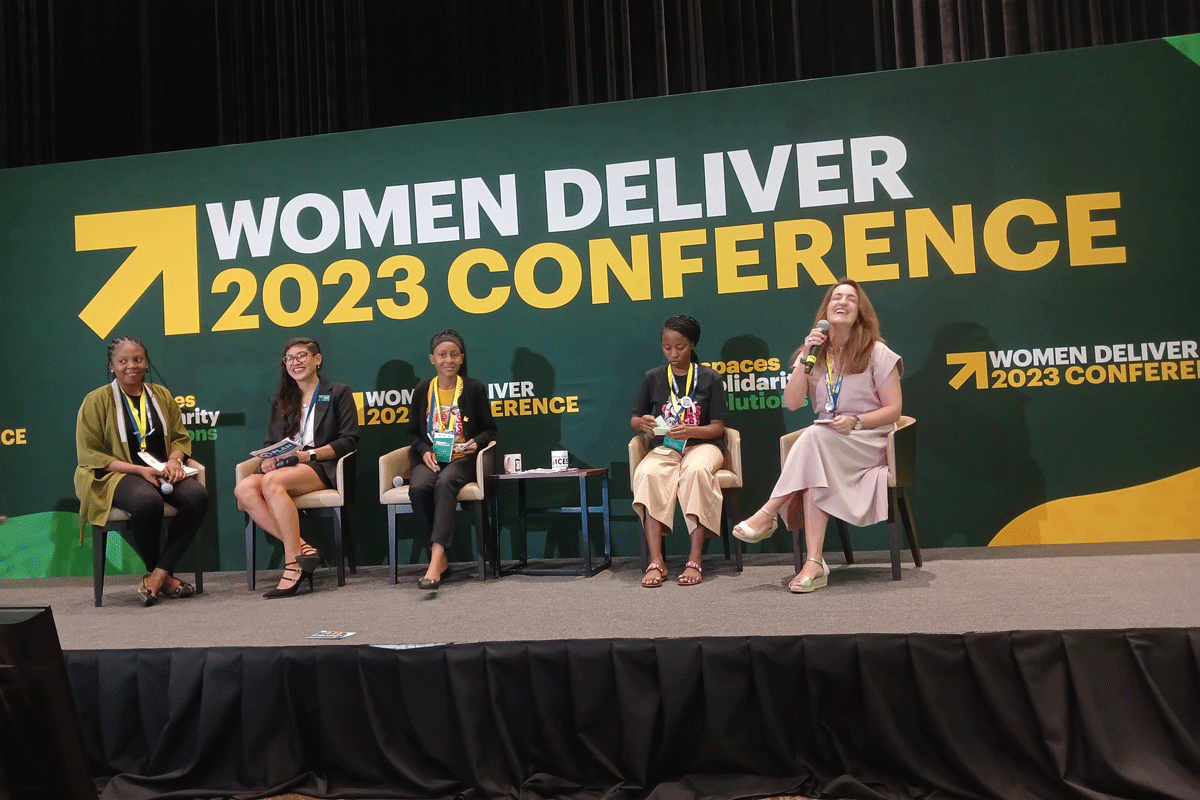
From crafting compelling podcasts to producing impactful short films to hosting interactive workshops, young people are leveraging digital art to tell their stories, and they are creating safe spaces for other young people to learn about sexual and reproductive health and rights and share their experiences.
As the conference was wrapping up, I attended an insightful session by the American Jewish World Service (AJWS) on much-needed shifts in philanthropy to support feminist organizing, feminist programming, and leadership by adolescent girls and young women. During this session, young feminists shared some of the challenges they face as grantees when implementing restricted funding, including very strict budget lines and complicated grant application and implementation processes.
The panelists articulated how important it is for funders to listen to them and shift from restrictive funding to flexible funding. “We can’t achieve results in one year; sometimes we need three years,” said one of the panelists, noting that restricted funding imposes an unrealistic timeline on impact.
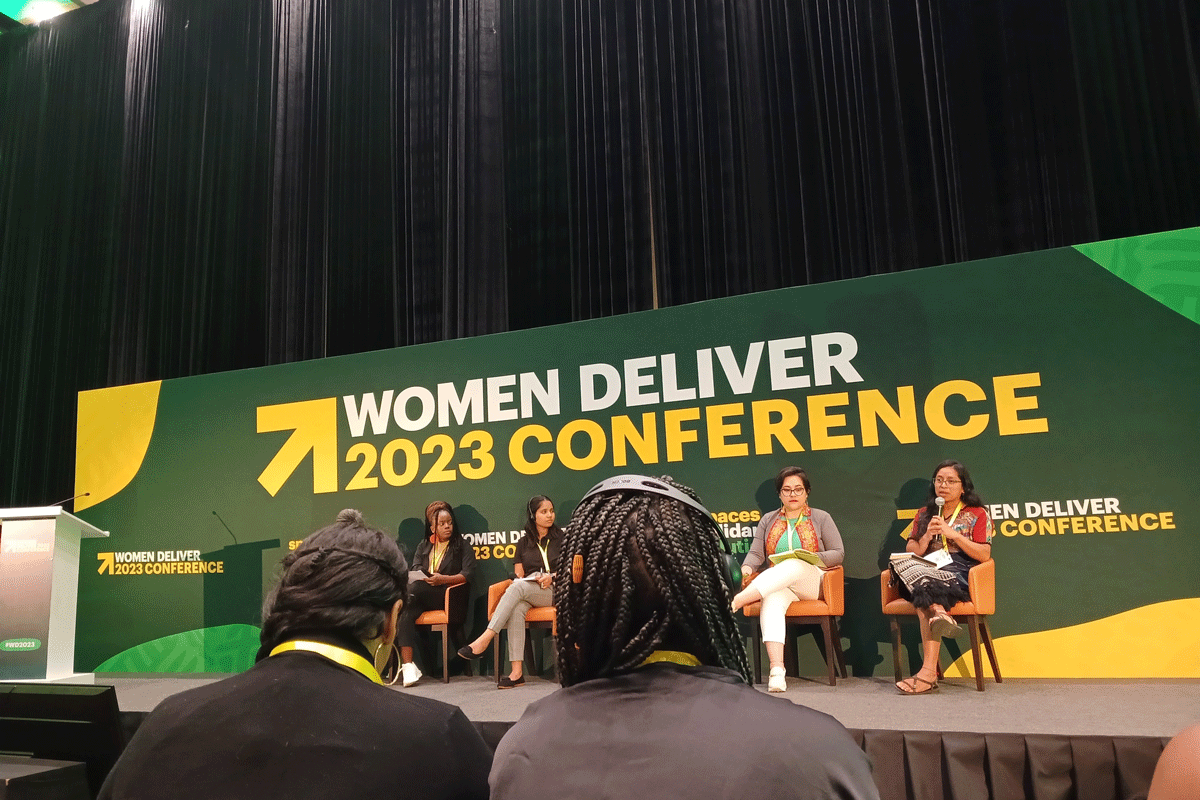
GFC is very much aware of these issues and therefore provides flexible funding to grassroots organizations around the world, with the aim of fostering trust, shifting power, and ultimately helping children and youth reach their full potential and advance their rights.
It’s undeniable that conferences, like Women Deliver, are places where discussions and dialogue play a central role. But beneath the surface of conversations and networking lies a wellspring of dedication, determination, and the will to bring about real change. Women Deliver is not just a conference; it’s a catalyst for a brighter, more equitable future. It’s a call to action, and it’s a promise that the dialogue here will translate into impactful change in the lives of women and girls everywhere.
As the conference came to a close, the echoes of hope, resilience, and a shared commitment to progress lingered in the air. The Women Deliver Conference showed me what still needs to be done and all the good that’s happened so far. I came to learn and left feeling inspired to make positive change.
Header photo: Cultural Night at the Women Deliver Conference. © GFC
